“A violent oppressor only takes notes of violence, not words.”
I find this quote very interesting as it represents two sides of a debate that I frequently have with friends when discussing the movement which is happening at the moment. Acts such as pulling down a statue definitely makes the people in power listen.
There needed to be violence in Haiti, 1791 (the uprising) for the country to become emancipated. There needed violence in the mutiny of India, 1857 for the British to understand that no matter how hard they tried, the Indians were not going to give up their traditions and culture.
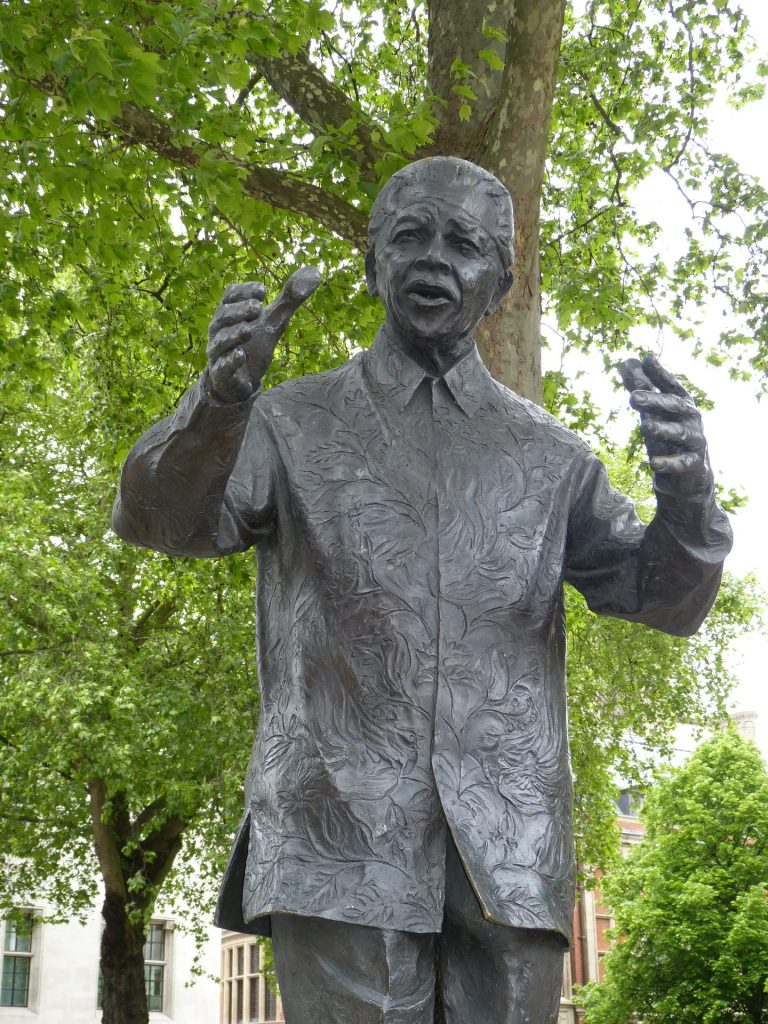
But on the flip side, look at Nelson Mandela. He and the ANC moved onto acts of violence which put key members in prison. These violent acts didn’t help their cause, it only made their oppressors more violent in their retaliation.
But it was in prison that Mandela learnt that in order to get through to his oppressors, he needed to take a different approach.
This is the book that Alex Wheatle described in the book SAFE as his most important piece of work. This is a serious book and important read for anyone who wants a view on Brixton in the early 80s.
The build up to the main event(s) focuses on two friends and their crew, Biscuit and Coffin Head.
We follow their family life and the social struggles of being Black and living in London. Packed with social references of the time, their struggles seem to be lack of opportunities and standard beef with the police, known as ‘the beast’.
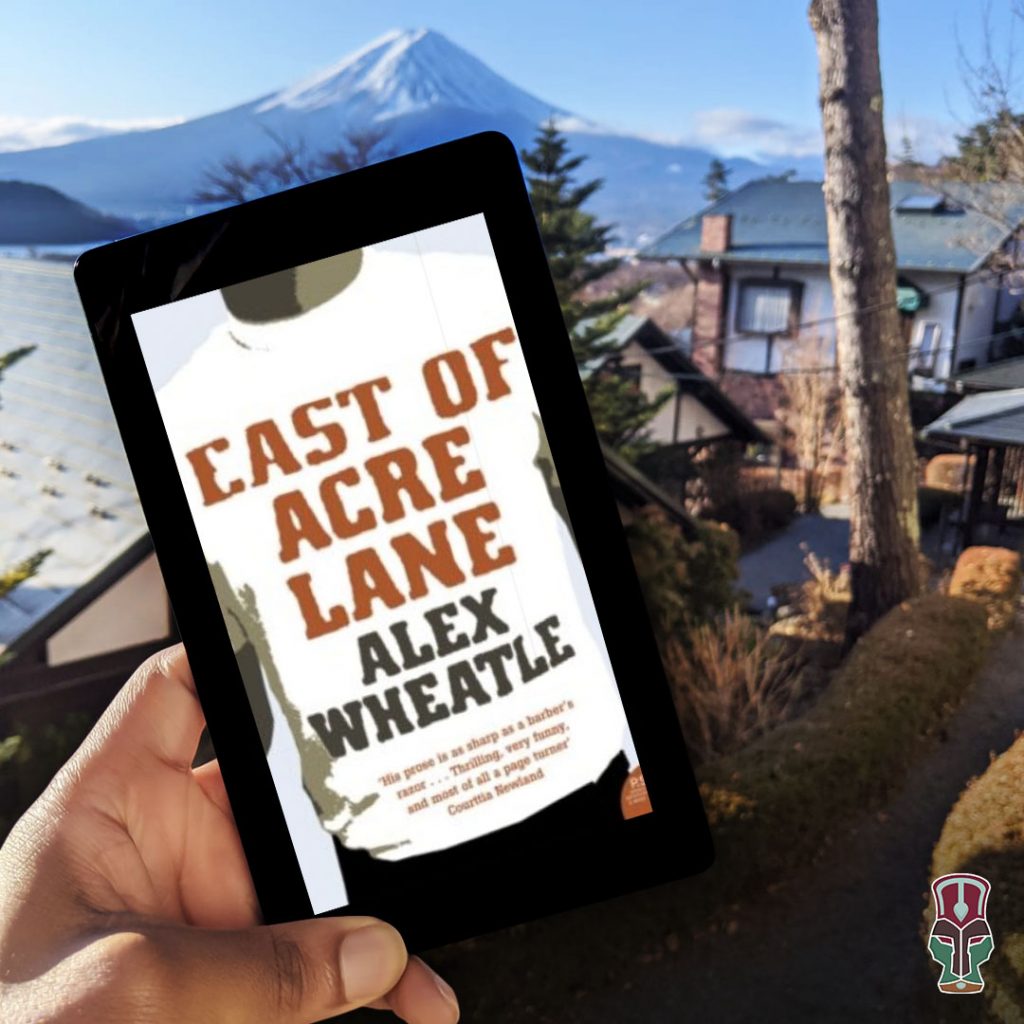
There has been a lot of change and progression since then. There are now more opportunities for Black people in jobs that I doubt Biscuit and Coffin Head would ever have thought possible.
Although I found it difficult to get a job after university, I didn’t see as many doors closed to me the way described in this book or even the experiences of people close to me. Similar, but dressed differently.
I am fortunate because there were already generations of Black people before me who had knocked down walls and inspired my generation without even knowing it.
Throughout the book there are references to the ‘beast’ apprehending young Black males on suspicion of committing a crime. Granted our main characters are selling weed, but as we know, not all Black males are drug dealers – contrary to what club revelers believe whenever you walk through a rave!
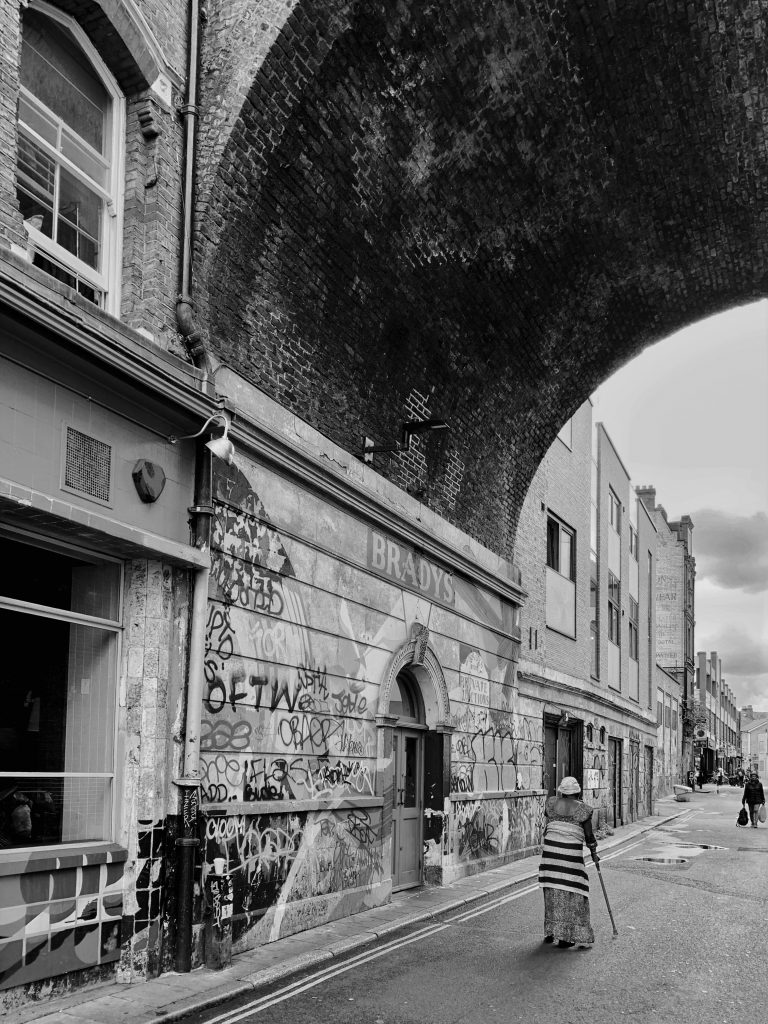
Thankfully (in 2020) being Black on a Friday night does not warrant the police to conduct a stop and search just because I match the description. But unfortunately we are still on the receiving end of of racial profiling.
Stop and search numbers have risen whilst the UK has been in lockdown. Between the months of March-May, around 22,000 black males were stopped and searched in London.
Now you may be thinking, “what were they doing out of the house in lockdown?” After speaking with one of my friends who experienced it first-hand in a petrol station, I conclude that this was definitely racial profiling. The police came up to him while he was filling up his car, and was oblivious to the fact that his young child was in the back seat and they began their questioning.
It’s easy to understand why Wheatle’s writing resonates so much with the Black community. I can’t think of many books which tell the story of a Black person’s hardship living in London?
Throughout the book there are many references to Black culture from the 80s, some of which are still relevant now. For instance, I didn’t know that David Rodigan was a radio DJ playing in the UK in the 80s, I listen to him now!
We learn more about each character as the book builds on, and understand their motives and what drives them.
My favourite character is Nelson the rasta. When he is initially described, my thoughts picture a man I have seen many times along my travels. If you saw him, you’d have your initial thoughts driven by unconscious bias and keep it moving without even knowing his backstory.
In one chapter, Biscuit chills with him and begins to hear his story. It is a nice moment and made me reflect that there are so many interesting people you see on the street and have interactions with, but we don’t ever take the time out to listen to their back story. Personally I’ve been trying to do that more often with my parents, but still I can do more.
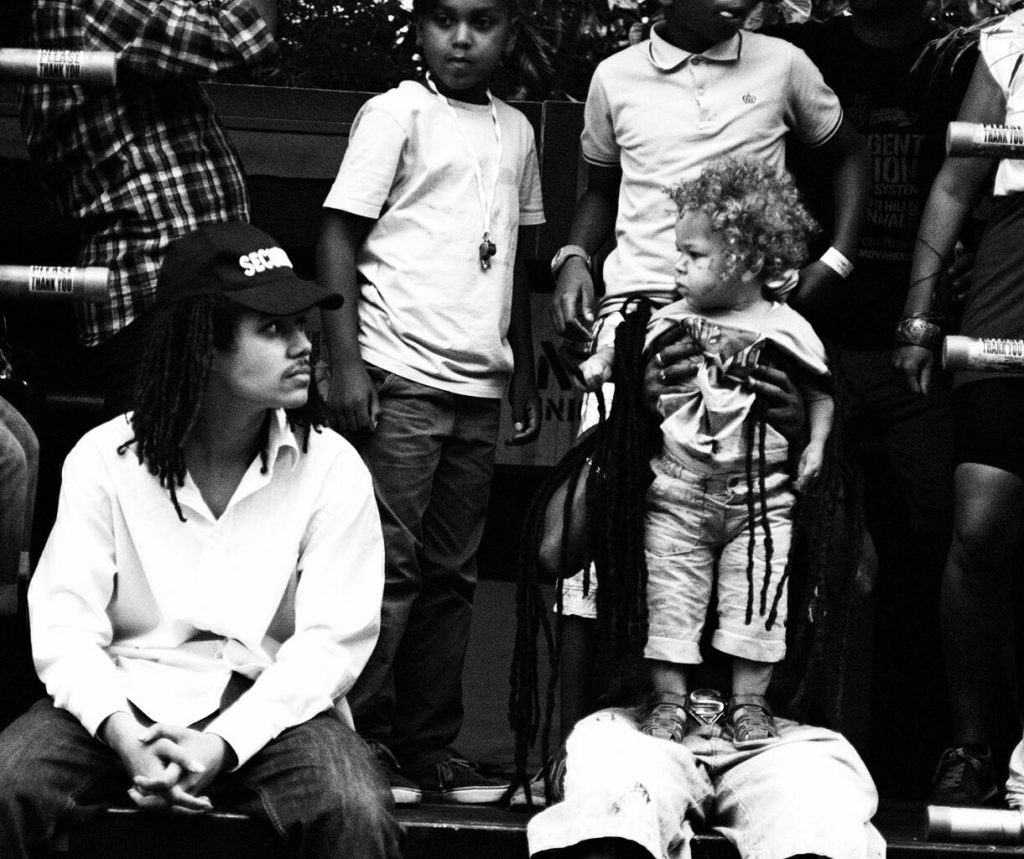
I like the dialogue throughout the book. Wheatle doesn’t attempt to water it down for people who don’t know slang – The reader understands the context of what is being said even without knowing the slang.
Admittedly, I didn’t know all of the slang. Also, I’ve never heard of the slang word sistren before! Have you?
As the book progresses, you can start to feel the tension of the times through the dialogue. As I am familiar with the events that happened in Brixton in the 80s, I knew what was coming.
All of this cleverly coincides with the events that are happening in Biscuit and Coffin Heads own stories, as we move through to April 11th.
I could write more about this book, but as I don’t want to give any more of it away, I’ll leave it here. Let me know what you think of the review. Have you had a chance to read the book? Let me know in the comments!

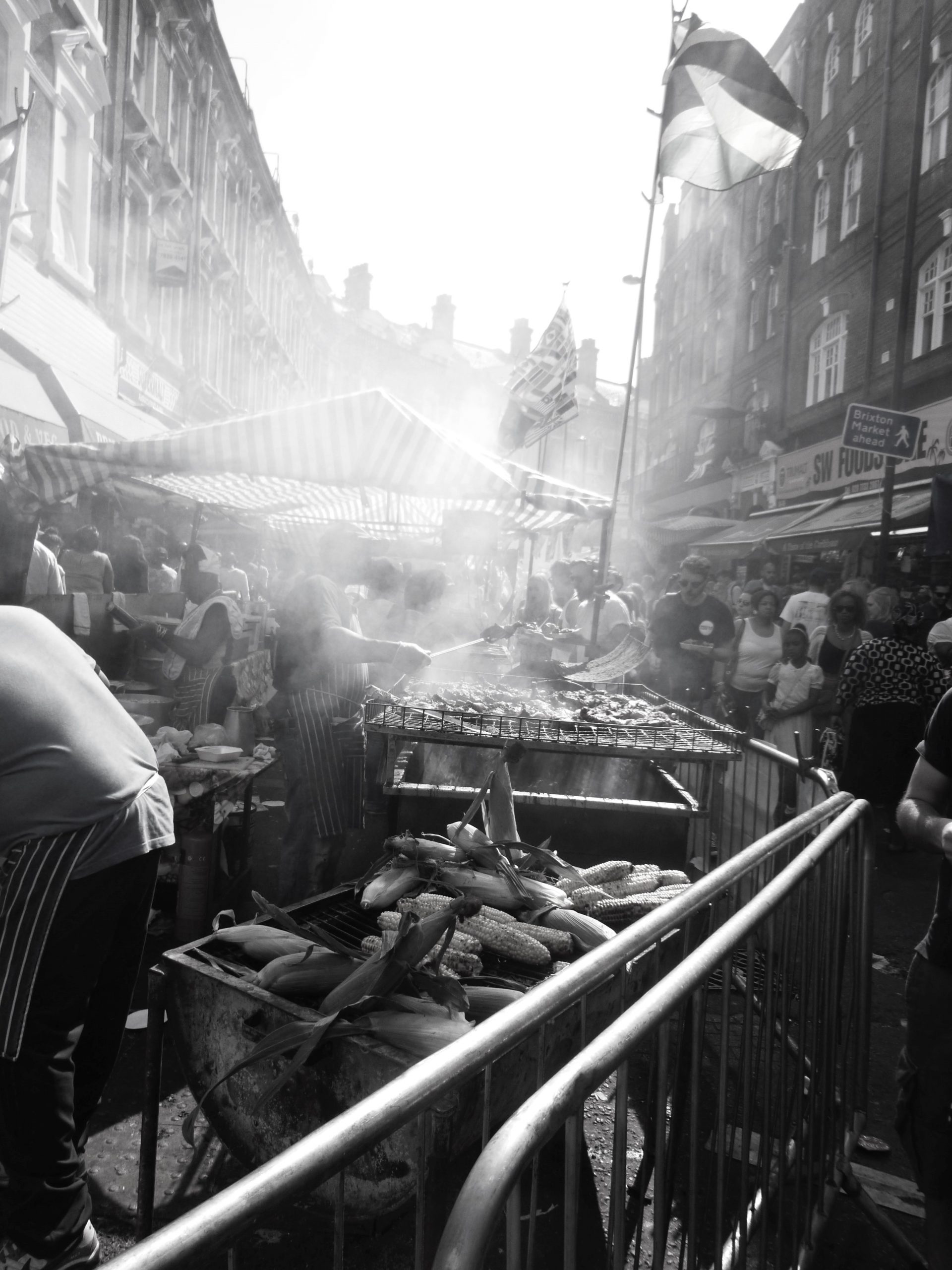



[…] We have reviewed a couple of his books, “Crongton Knights” and “East of Acre Lane”. […]
[…] who has frequently been cited as a must-read in many write-ups from established authors such as Alex Wheatle (East of Acre Lane) and Ibram. X. Kendi (How to be […]